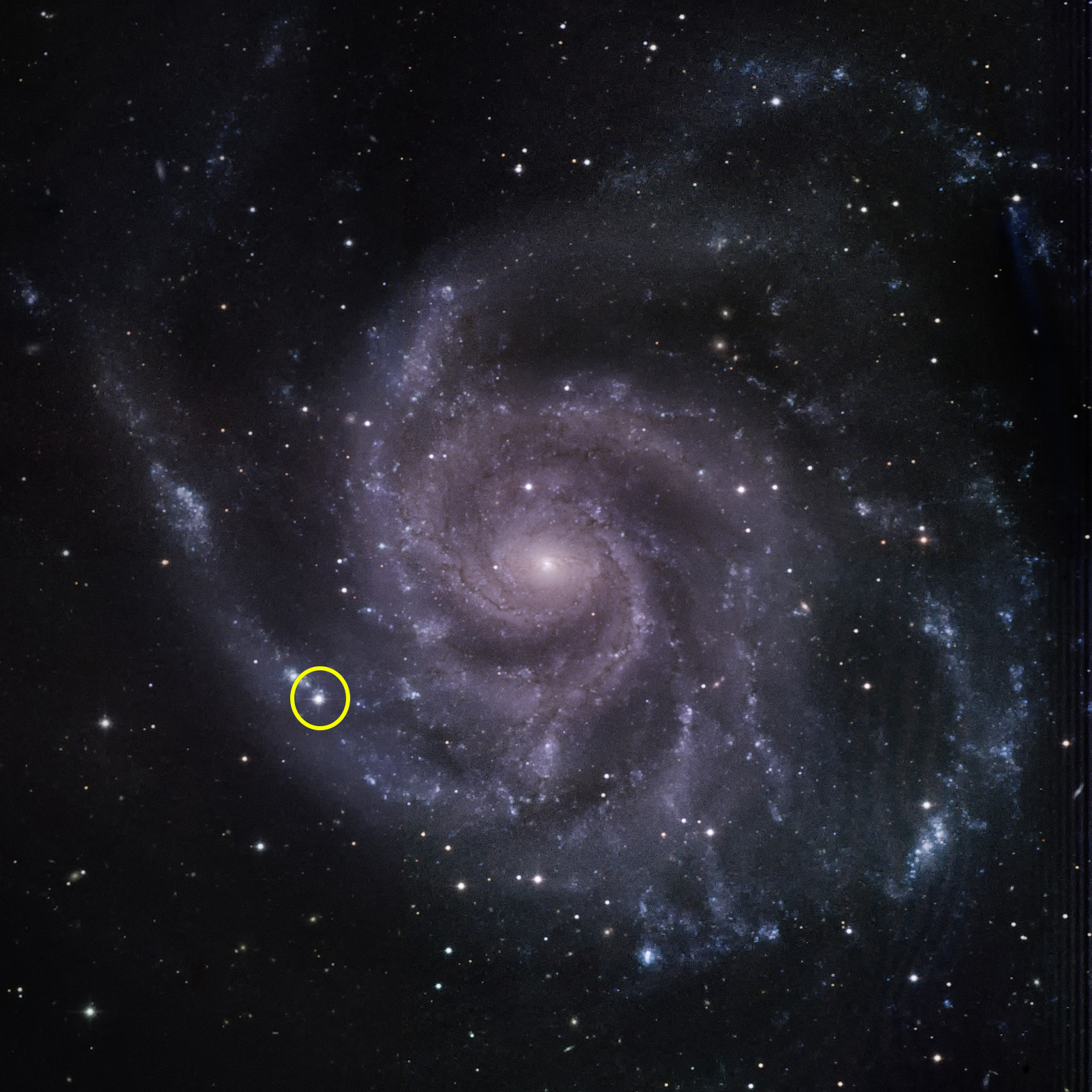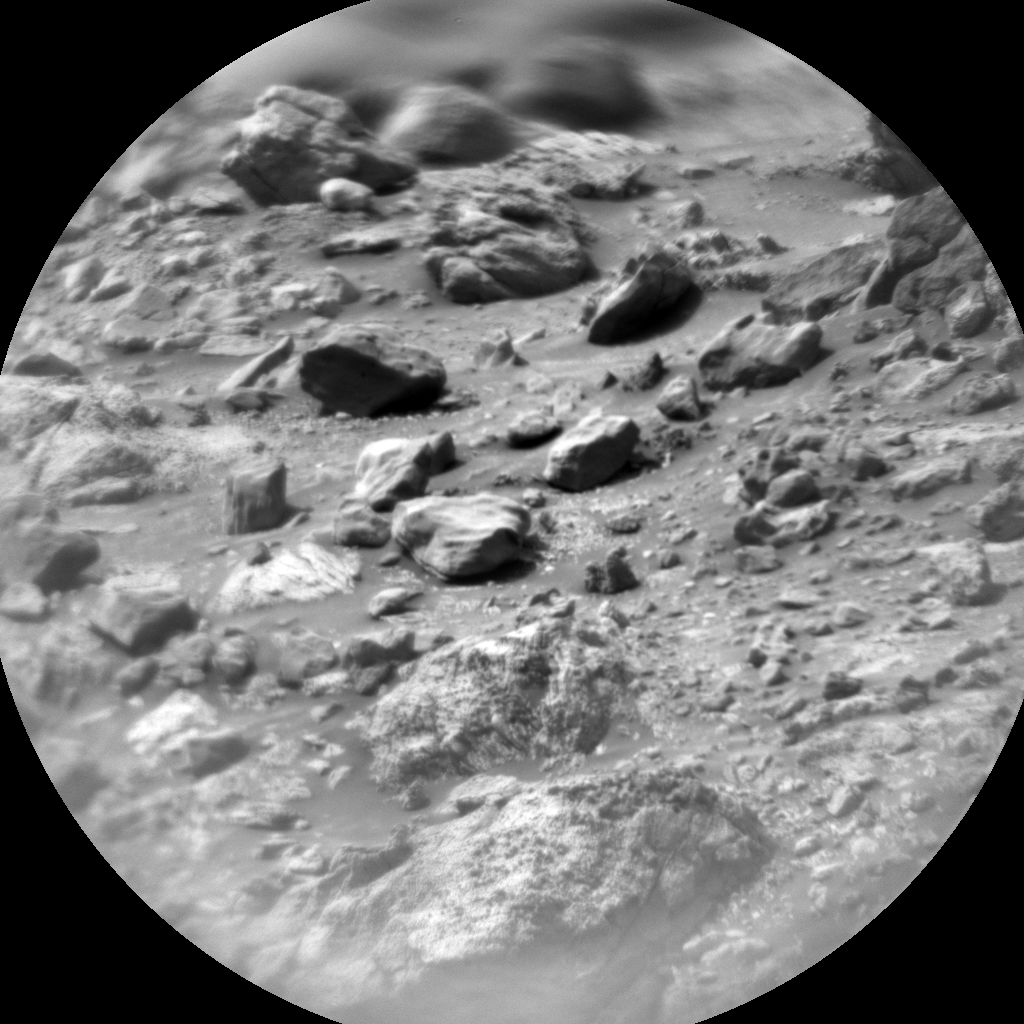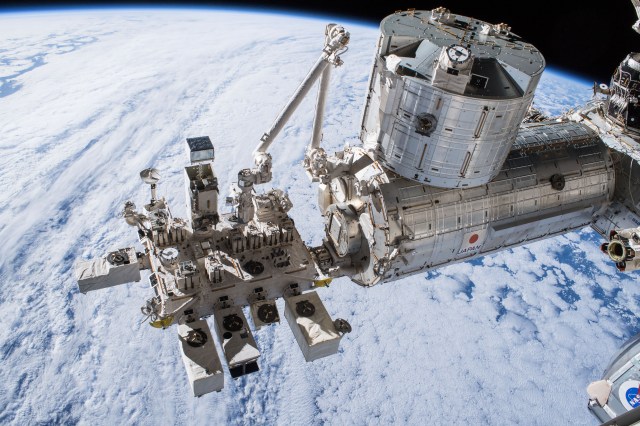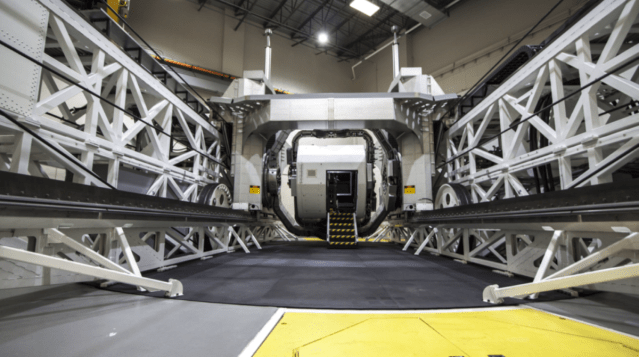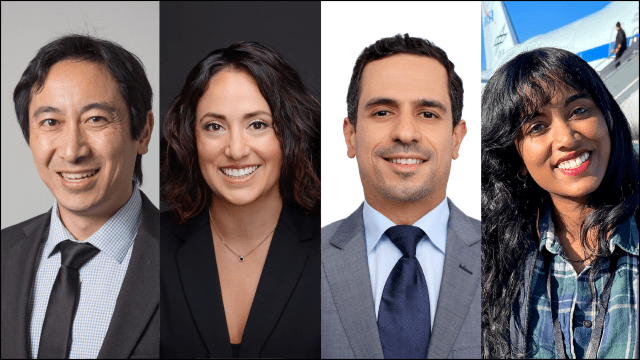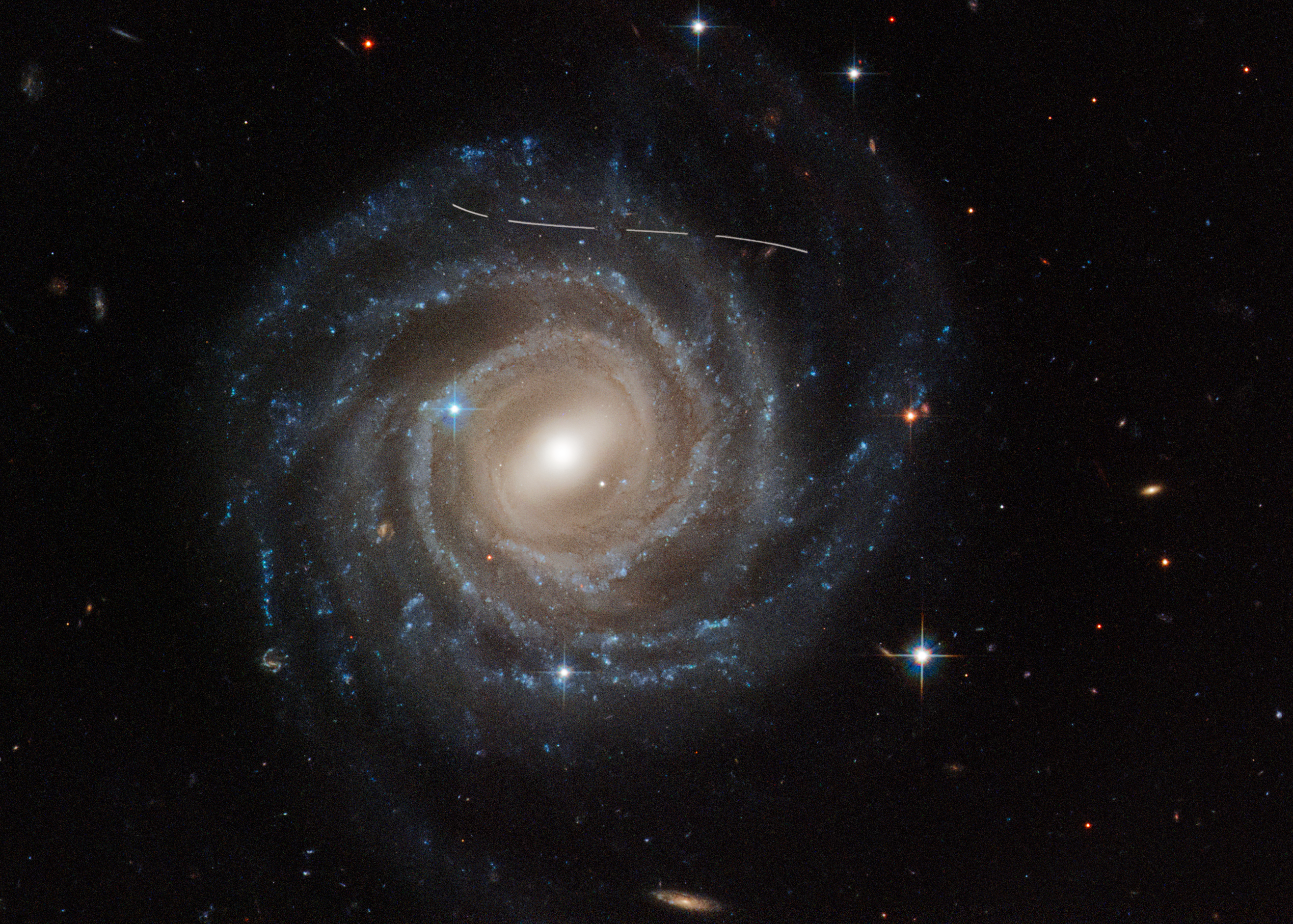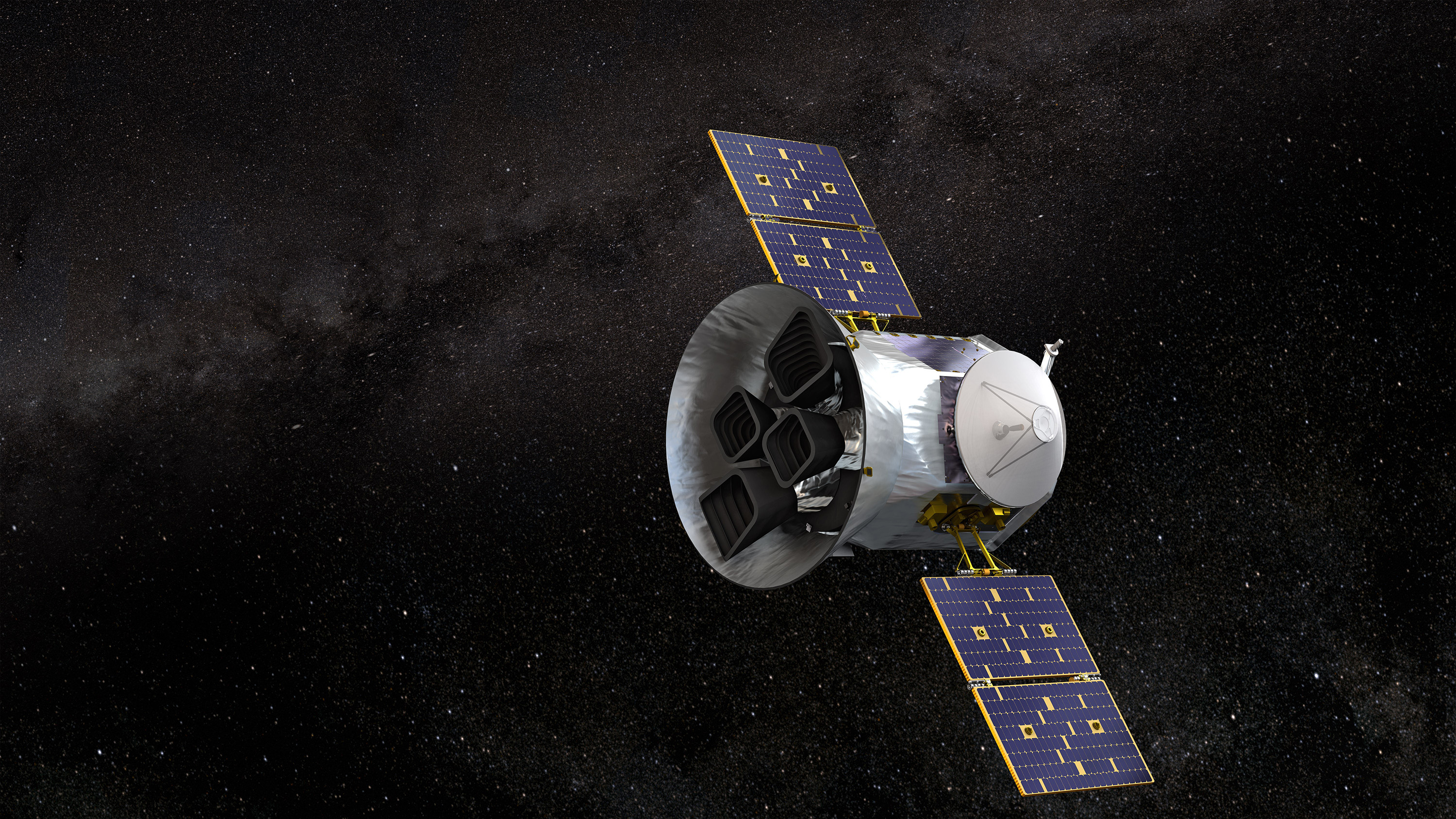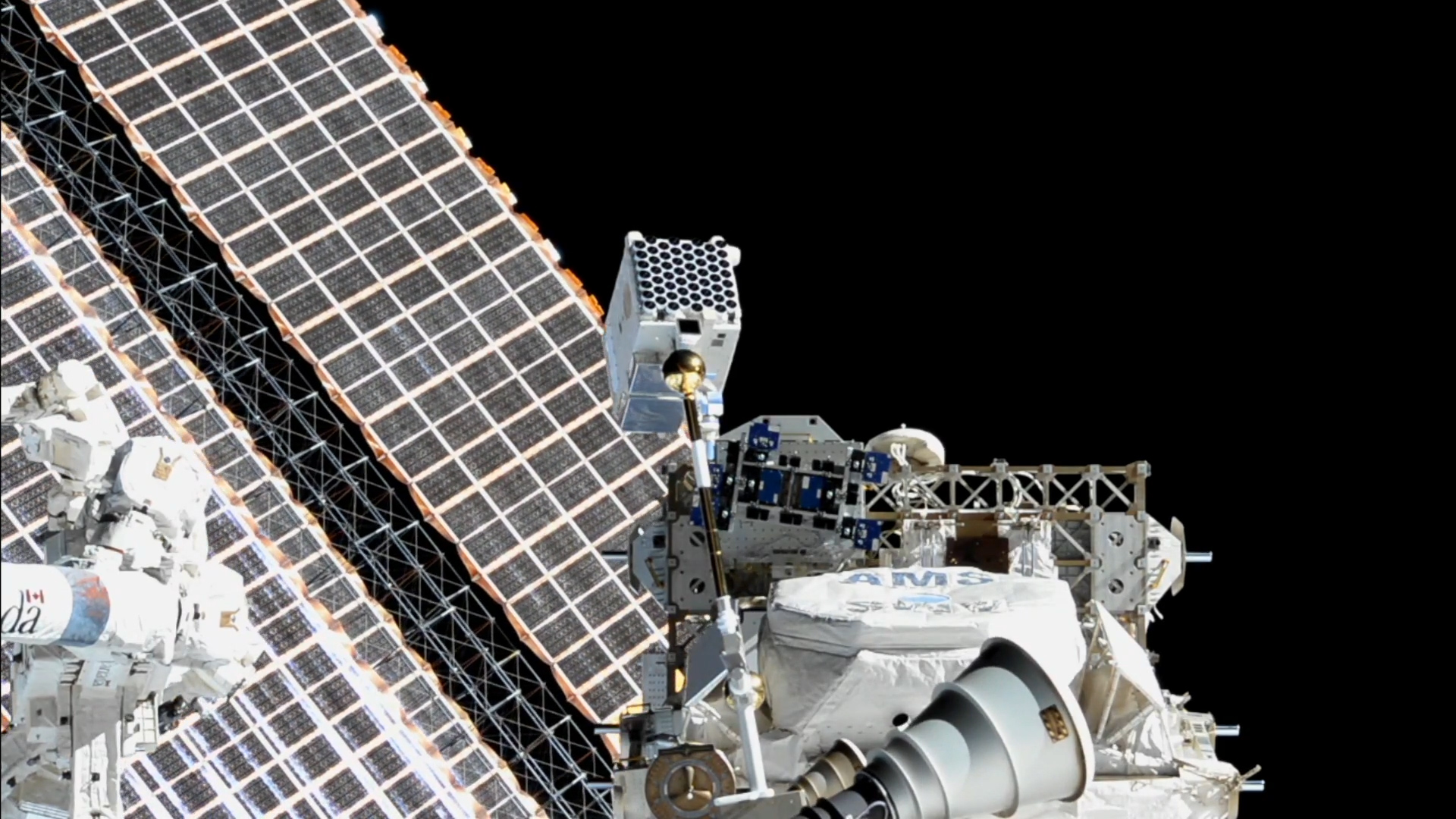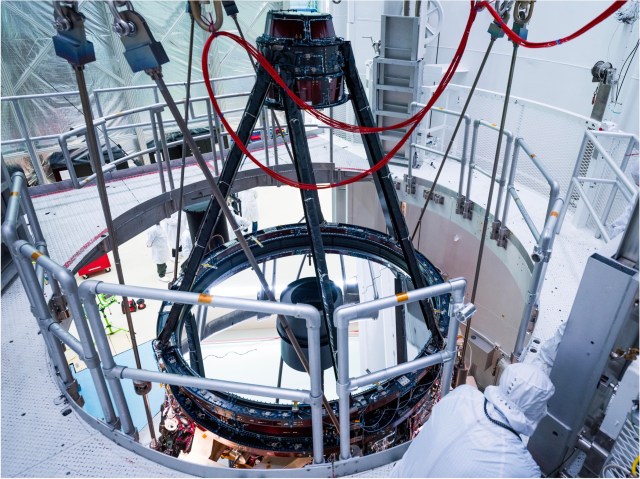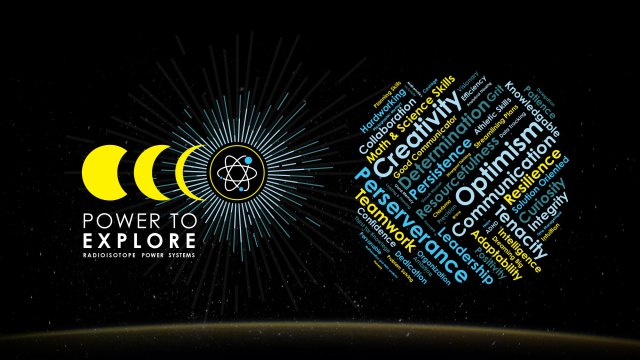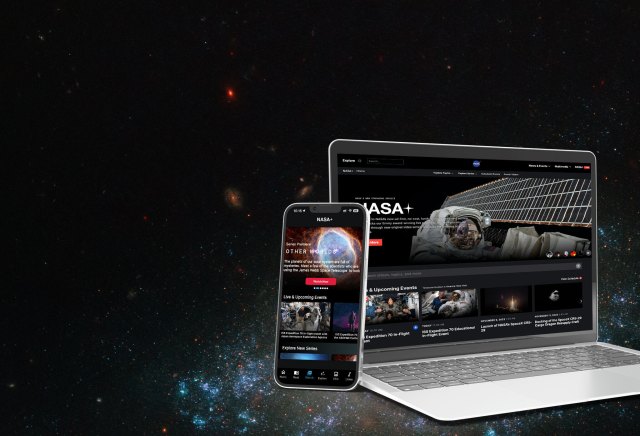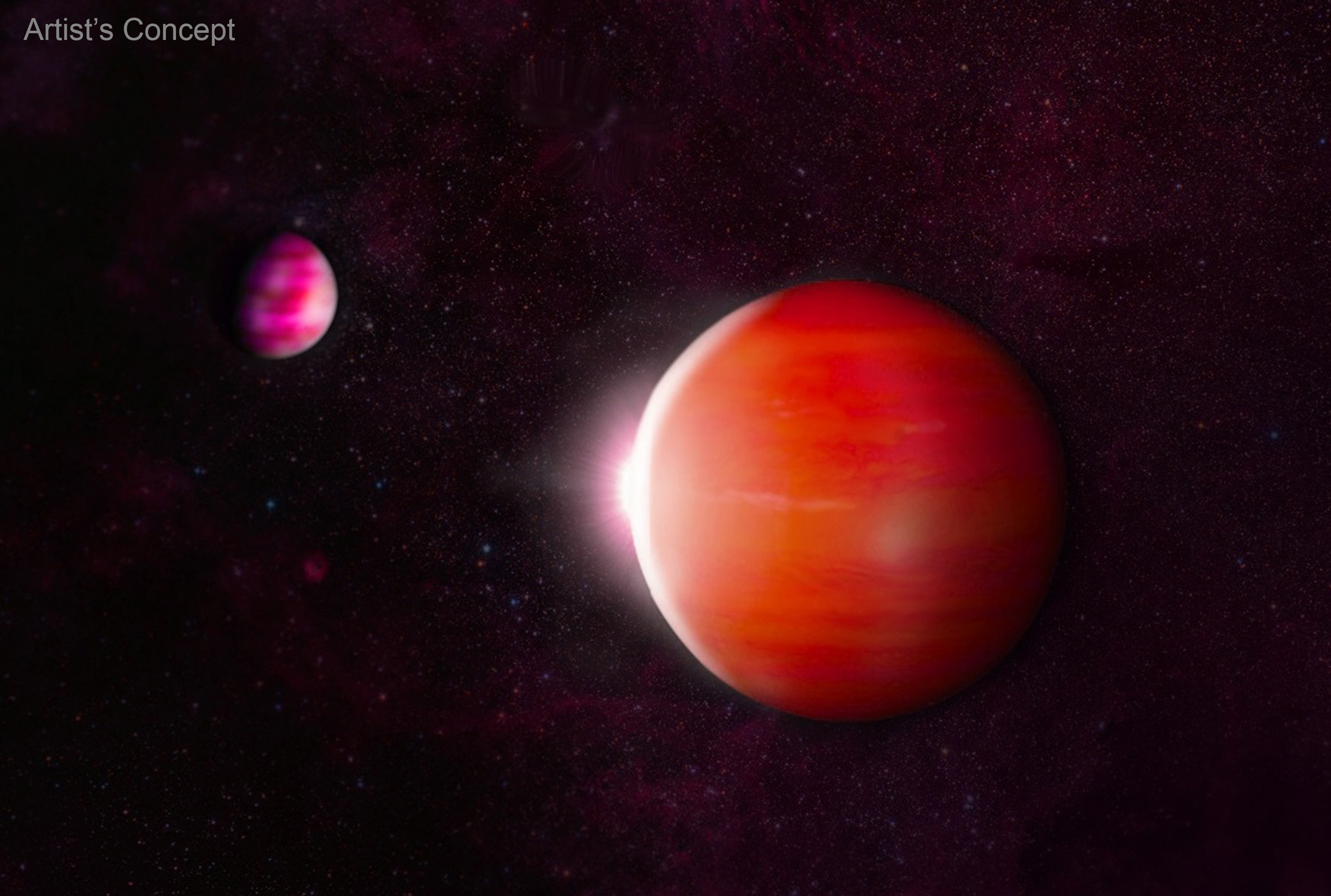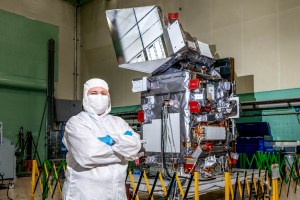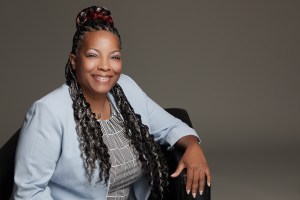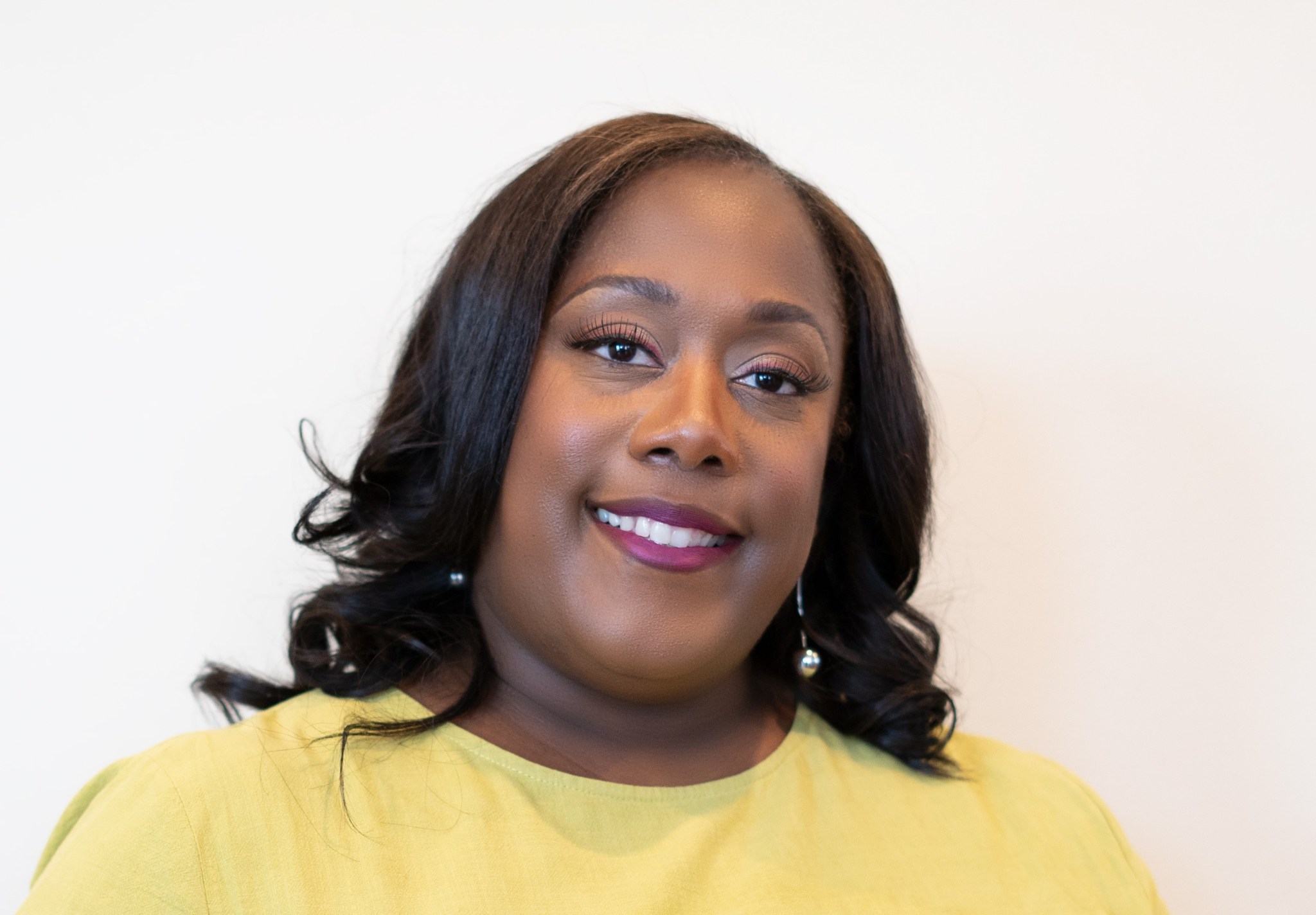
Michelle R. Jones began her NASA journey in 1991, starting as a student aide in her senior year of high school. Though the path to her current role as Chief of the Office of Communications at NASA’s Goddard Space Flight Center hasn’t been an easy one, she learned many valuable lessons along the way and hopes to impart her wisdom to young people facing similar challenges in their professional journeys. Dive into a conversation with Michelle Jones on letting go of perfectionism to achieve fulfillment, the importance of diversity at NASA, and what young people interested in STEM can do to make space for themselves.
Tell us about you – what’s your ‘NASA Story’?
I started working at NASA’s Goddard Space Flight Center at the tender age of 16 thanks to the Cooperative Office Experience, an internship program designed to give high school seniors an opportunity to experience working in the real world with a focus on administrative responsibilities. Only a select few were chosen to work at NASA, so I knew this was an opportunity that I didn’t want to take lightly. Upon graduation, the decision was made to move me into a full-time position.
In the beginning, I enjoyed learning all of my new responsibilities. However, once I mastered them, I grew complacent and started to disengage. I also started to notice some inconsistencies with how I was being treated compared to others. I never fully understood the reason, but I assumed it was because of my age and skin color. The work was no longer fulfilling, and I didn’t feel like I was truly part of the organization. I quickly realized I needed to make a change.
I have always been told that I must be my own best advocate and should seek opportunities that will create a space for me to be the best possible version of myself. After two years of being in the same office and same negative space, I decided to apply for another administrative position within the Office of Public Affairs (now the Office of Communications). The transition was hard, but I immediately got into a groove and was learning new things, taking initiative, and really leaning into the position and my duties. I also benefited from having several people who took me under their wings and guided me. I finally felt like I belonged, that I was respected, and that I was contributing to something larger than myself.
Fast-forward more than 25 years, and I am now the leader of the same organization where I started to fully realize my potential. I’ve learned many lessons throughout this journey, and I am still learning to this day – always investing in myself and making personal development a priority. In addition to my bachelor’s degree in communication studies from the University of Maryland University College (now the University of Maryland Global Campus), I am also a certified coach and licensed diversity dialogue facilitator.
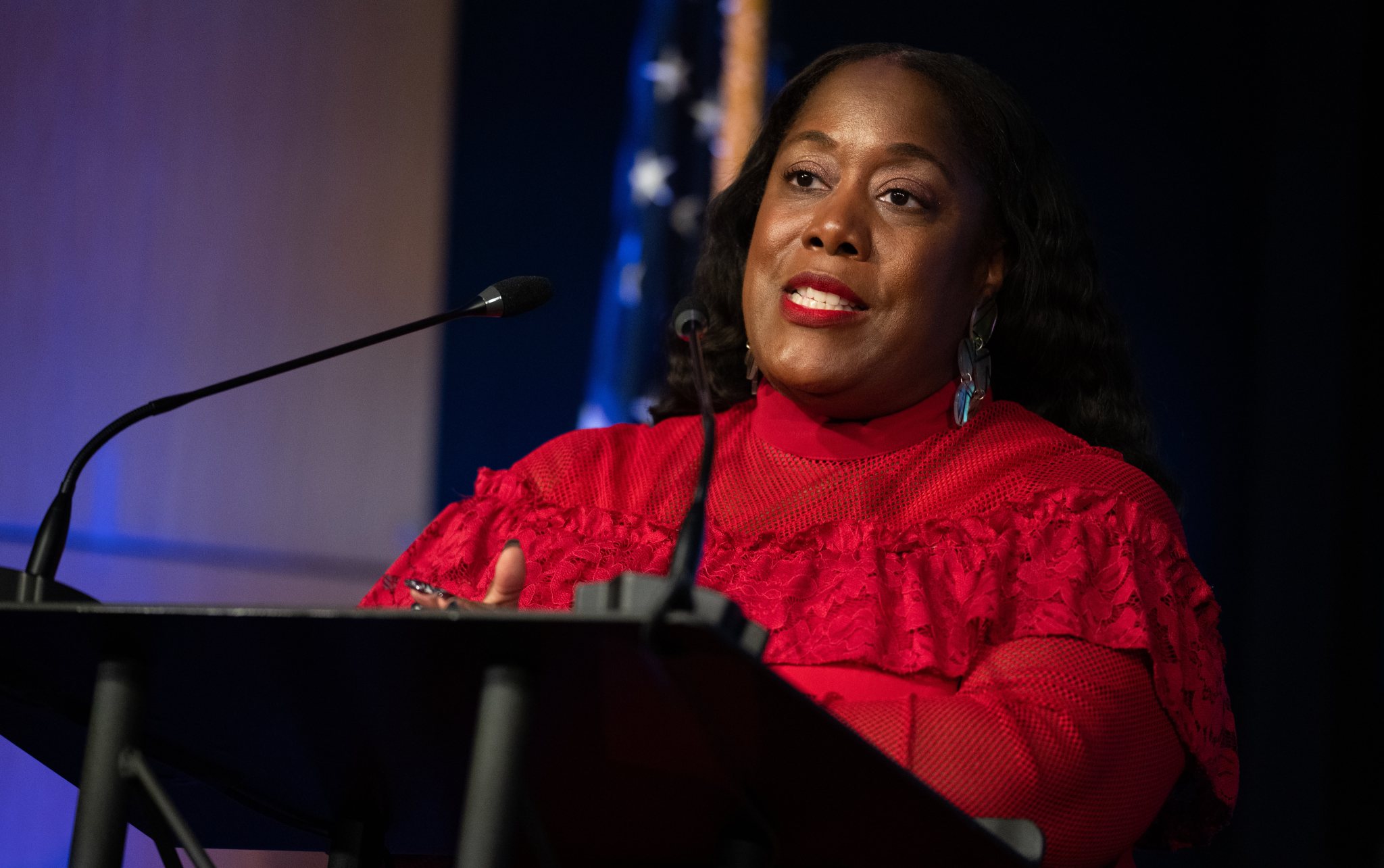
Why do you think diversity is important for NASA to achieve success?
Diversity is important for NASA to achieve success because without it, the agency will never realize its full potential. Diversity creates a space for everyone to show up and contribute. If NASA limits itself by not embracing diversity, we lose. It’s just that simple.
What obstacles did you have to overcome to be where you are today?
There have been many! The biggest one was getting over my desire to be perfect. I was torturing myself to prove my worth, and it wasn’t until I went through a leadership program that I realized there is no such thing as perfect. That realization really freed me and removed a weight that I had been carrying around for years. The other obstacle was dealing with micro-aggressions throughout my career. While working in the administrative field, I always felt that people thought my job wasn’t important, and it showed through their actions – not respecting my personal space, not including me in meetings, and talking at me instead of to me. As I advanced in leadership, the obstacle became claiming my seat at the table and feeling comfortable with allowing my voice to be heard.
The feeling of being underestimated stays with me, and it is something I deal with often. I vividly remember when a Goddard employee from another organization came into our office suite. I was standing up front and was the first to notice him, so I engaged him in conversation and asked if he needed help. It was obvious he assumed I was the secretary because he said he needed to talk to the head of the office, and that he could leave a message with me if “he” was tied up in a meeting. When I informed him that I was the head of the office, his jaw dropped in disbelief. His nonverbal actions indicated he was beyond shocked that a young, Black woman was the head of such an organization. I could go on and on with examples, but the point here is that obstacles can either block us from being the best possible versions of ourselves or we can choose to view them as opportunities to learn and be better.
Did anyone inspire you or help you get to where you are?
I had a lot of help to get where I am. It took me a while to allow myself to be vulnerable and accept the help, but I know without a shadow of a doubt that I would not be where I am if it were not for the people who believed in me, challenged me and gave me opportunities. I encourage everyone, young and old, to engage with others and create a support system – your personal team – that will help propel you to the next level. This is a necessity as we navigate through the various levels of our careers.
What preparation or advice would you give to young students under-represented in STEM who are trying to pursue a career in science, technology, engineering and/or math?
The advice I would give is to believe in yourself, be your own best advocate and know your worth. You are just as deserving as the next person, and if you don’t believe that, no one else will. It is imperative that we seek out opportunities to contribute and show up!
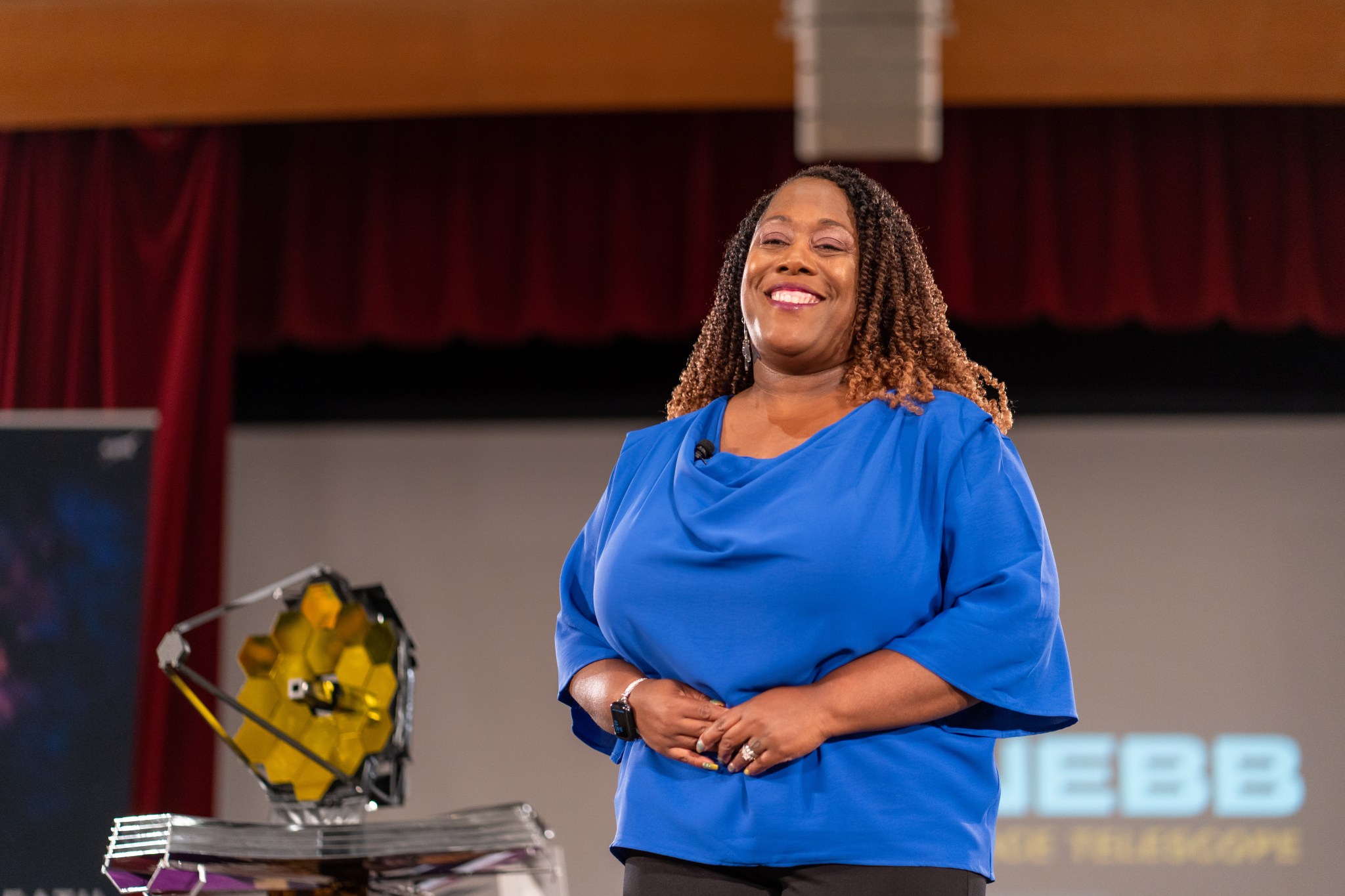
Is there anything you’d like to share that you wish you had known at their age?
The one thing I wish I would have known when I was younger is that there is a real benefit in leaning into challenges instead of running from them. There are many things I would have done differently if I knew this one thing. I would have had more difficult conversations to better understand situations instead of allowing my assumptions to take over, and I would have looked at all of my challenges as opportunities to learn.
Michelle R. Jones serves as the Chief of the Office of Communications, at NASA’s Goddard Space Flight Center. In her position, Jones leads a staff of more than 60 communicators and communications managers in executing a comprehensive, multidisciplinary communications program for NASA’s lead science center, which employs more than 10,000 and is renowned for its work in Earth Science, Heliophysics, Astrophysics, and Planetary Science. She is recognized as an advocate, change agent and influential leader for the center’s diversity and inclusion efforts.
In addition to being the longest serving Diversity Dialogue Project facilitator, Jones is also a member of the center’s Diversity and Inclusion Committee. Over the years, Jones has spearheaded several diversity and inclusion initiatives and a host of employee engagement activities. Jones is an effective communicator, advisor and negotiator. She is strategically minded and highly effective in facilitation, mediation, networking and team building. These qualities have benefited her greatly in her role as an internal coach for NASA, a certification she has held since 2014.
Start your NASA journey today by browsing our STEM opportunities for students, applying for a NASA Internship, or exploring careers at NASA.
By Anne Marie Demme
NASA Headquarters, Office of Communications

